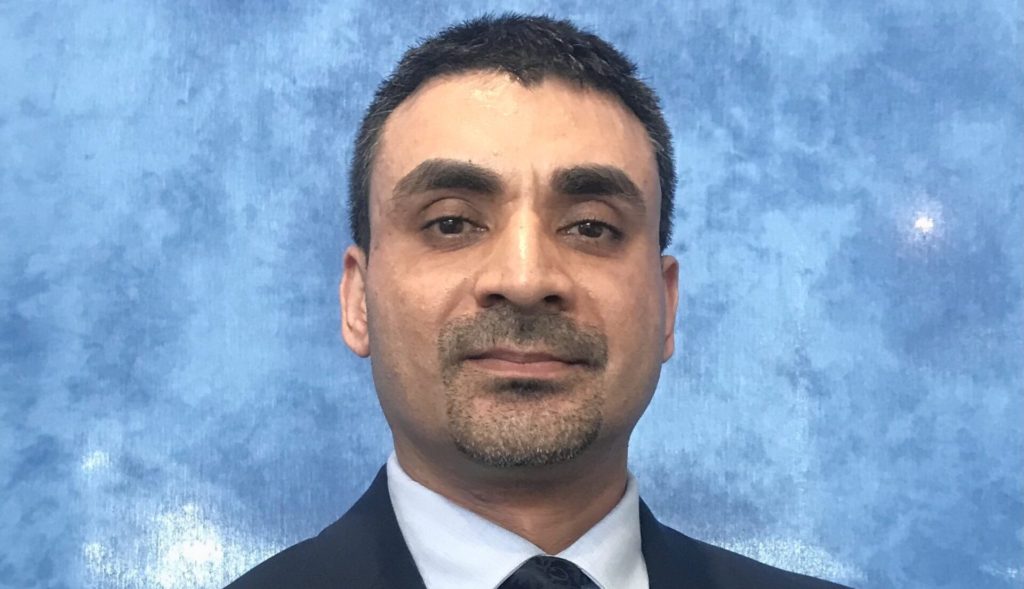In the first in our series of Q&As with members of our Independent Safeguarding Board, we spoke to former Detective Superintendent, Iqbal Singh, about his involvement with the board, his policing career spanning 31 years, and his thoughts on the social care sector.
Tell us about your experience as an acting police officer and your current role in the service.
Currently, I am self-employed and share my knowledge and experience in the learning and development arena for policing. I coach and mentor potential applicants applying for the police service, or for police promotion, as well as providing consultancy services in developing, designing, and delivering police training. I am also a safeguarding panel member for Sports Resolution – a dispute resolution service for sport, offering arbitration, mediation, tribunal, and expert opinion.
Before I retired as a Detective Superintendent, I was a police officer for 31 years with the Metropolitan Police Service. My last posting was as the Director of Crime Academy. I was responsible for the operational delivery of police training within the Metropolitan Police Service (MPS). Prior to that I was a Detective Chief Inspector on the Child Abuse Investigation Command. I was responsible for safeguarding for seven local authorities in East London. I was also the MPS lead for Female Genital Mutilation and Child Abuse linked to faith or belief.
You have significant experience through your role on the Child Abuse Investigation Command, as well as your qualifications in corporate risk and crisis management, safety for managers, and security and risk management. What qualities do you bring to the Independent Safeguarding Board?
I bring safeguarding knowledge and experience from a policing perspective. As a lay person, I offer expertise as a senior investigator, together with skills in crisis and management, audit and compliance, professional standards and ethics, learning and development, as well as health and safety. I also have qualifications and experience in leadership and management, mentoring and coaching.
In addition, I have experience of chairing meetings and working with key partners and stakeholders to achieve the aims and objectives set.
What do you see as your key responsibilities on the Independent Safeguarding Board?
My role is to:
Advise and support the business on safeguarding issues and concerns
Advise on safeguarding policies and procedures
Provide strategic leadership, governance, and vision to the safeguarding agenda for the business
Look at health and safety issues, training and development of staff and the “user” experience
And, to provide an independent and objective viewpoint to the business.
What attracted you to the position?
It was the opportunity to use my skills, knowledge and experience gained in policing; to develop myself within the safeguarding arena, not only for children, but for adults as well; to keep up to date with current legislation, guidance, policies and procedures; and to meet new people and network.
What are the top five things needed to create a successful safeguarding culture?
The top five things are:
1 – Safeguarding to be embedded in the culture of the business
2 – To have an infrastructure in place, including policies, procedures, governance, performance framework, learning and development, as well as a mission, vision, and values
3 – The ability and opportunity to work with partners and stakeholders
4 – Having the right people with the right skills and the right mindset
And,
5 – Regular communication and dialogue with everyone concerned.
Where do you see the sector in 12 months and five years’ time?
In 12 months, I see the social care sector trying to stabilise itself through the pandemic, because of financial pressures, workforce shortages, market pressures and a lack of investment. All will contribute to the quality of care and the service provided.
In five years, we will still have skilled workforce shortages, limited investment and innovation, poor service delivery, together with disengagement of the community due to deep inequalities existing from different population groups and areas of the country.
What is needed to improve the social care sector?
We need to see more investment in the workforce – recruitment, retention, and progression; to address social and health inequality; reform within the social care system; more use of innovation and digital technology; as well as greater funding and financial injection into the social care system.
Away from the office – do you have any interesting hobbies you’d like you share?
I am an independent visitor for the National Youth Advocacy Service. This allows me to do lots of different activities which I wouldn’t normally get an opportunity to do.

